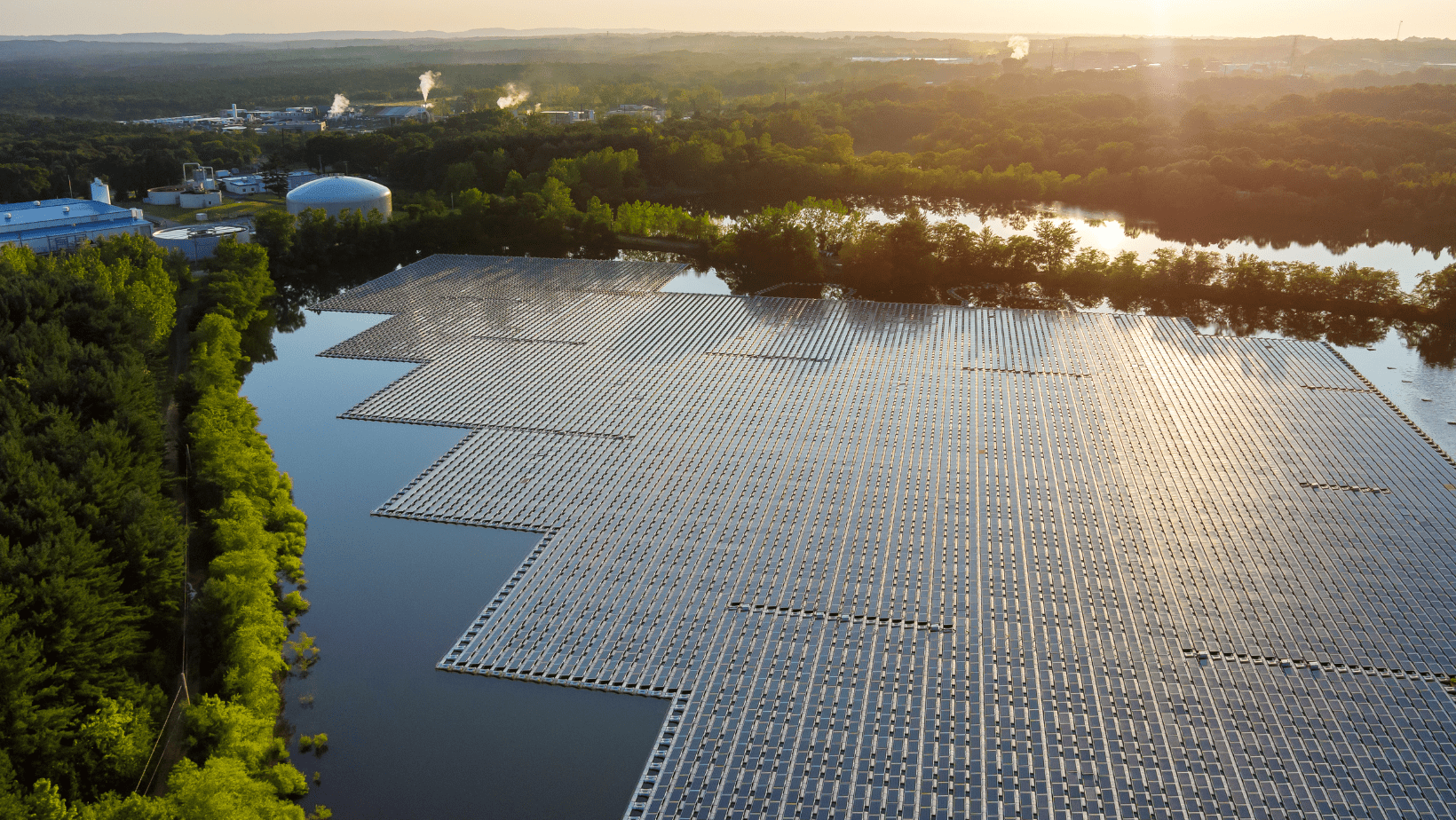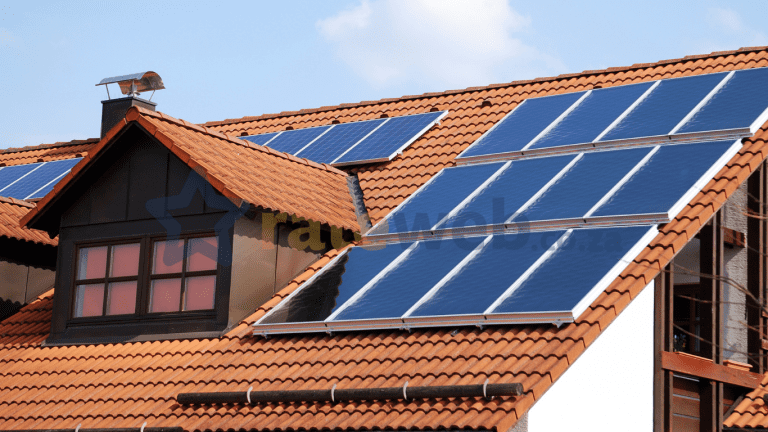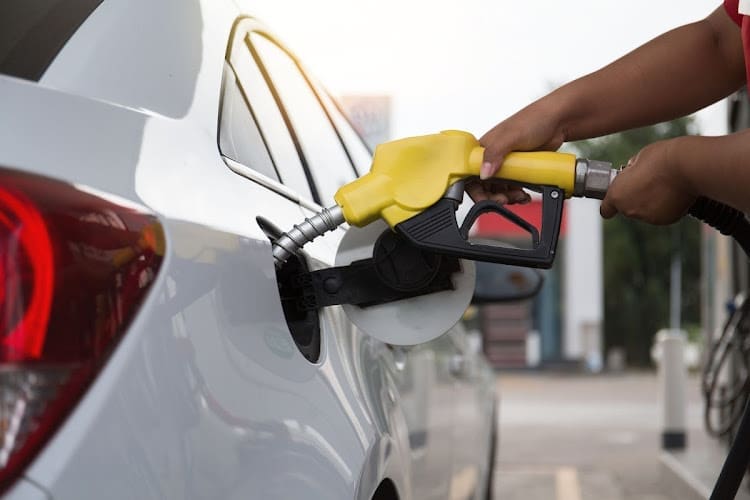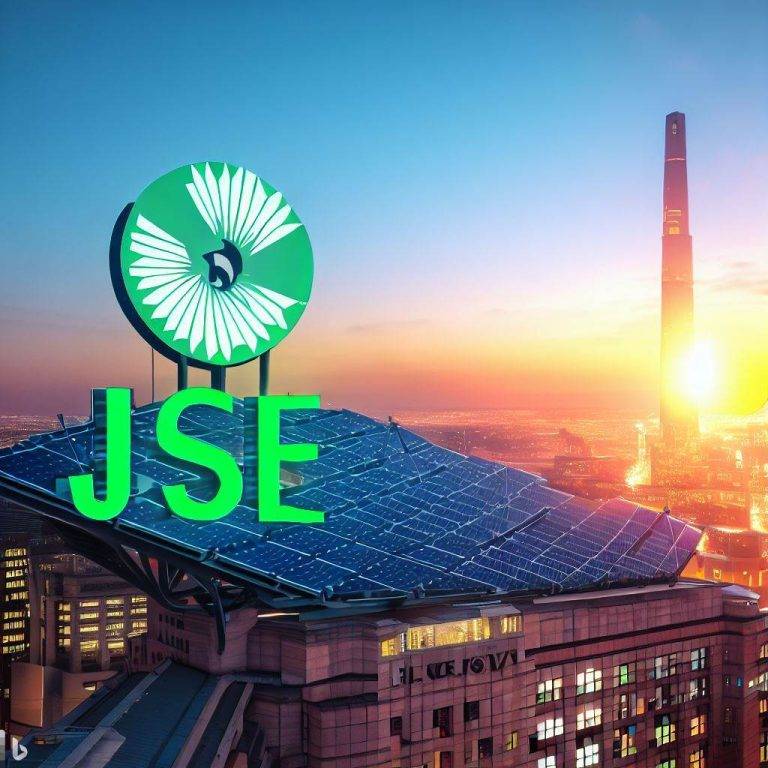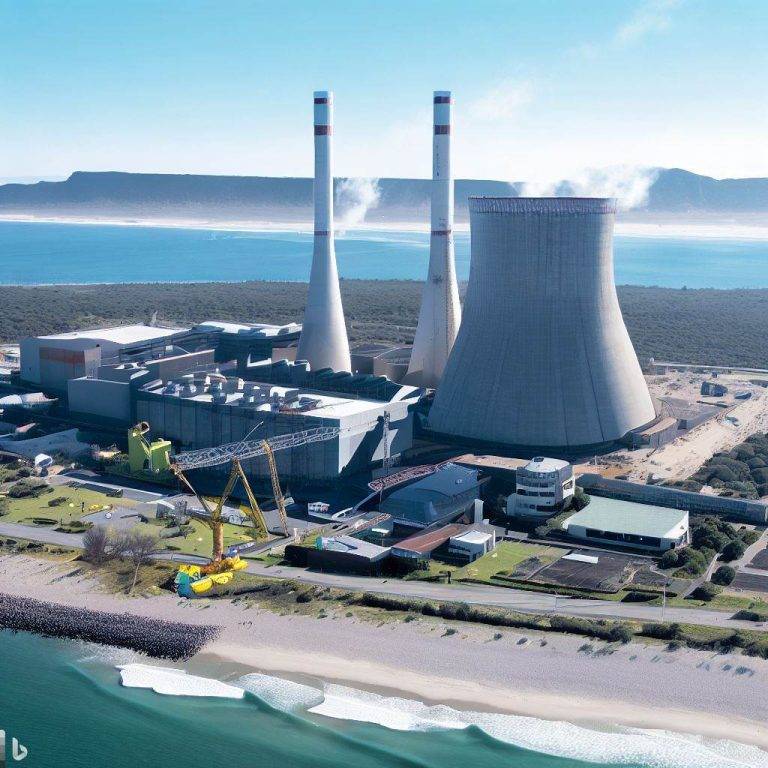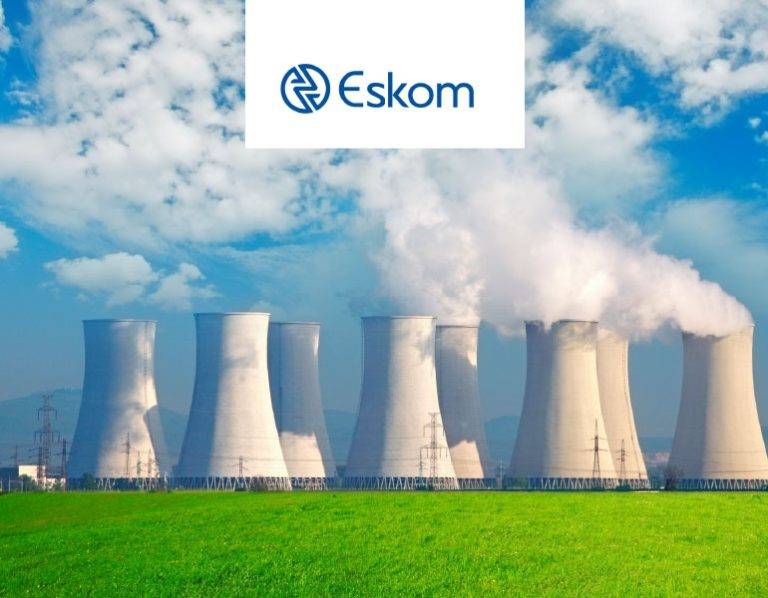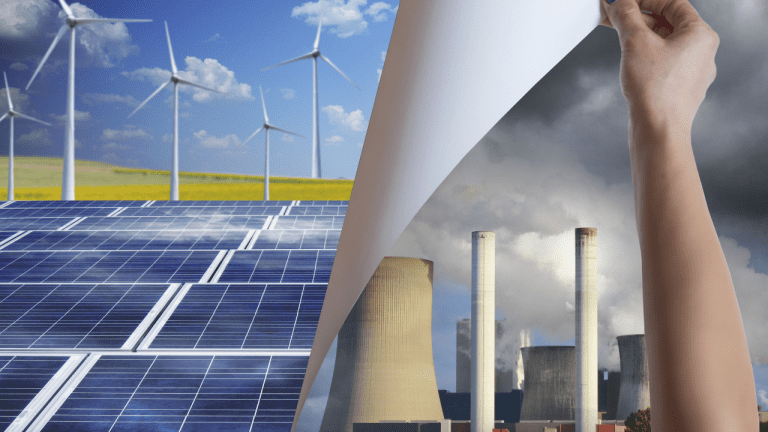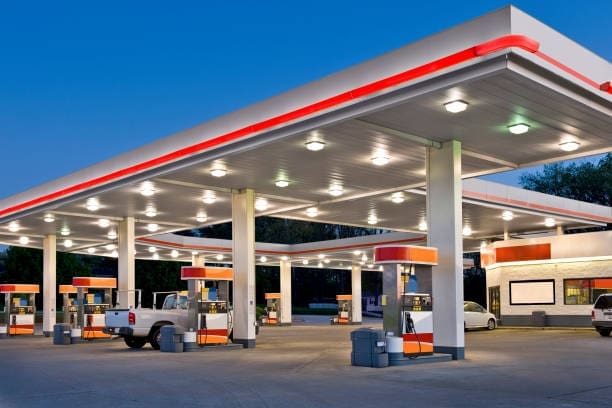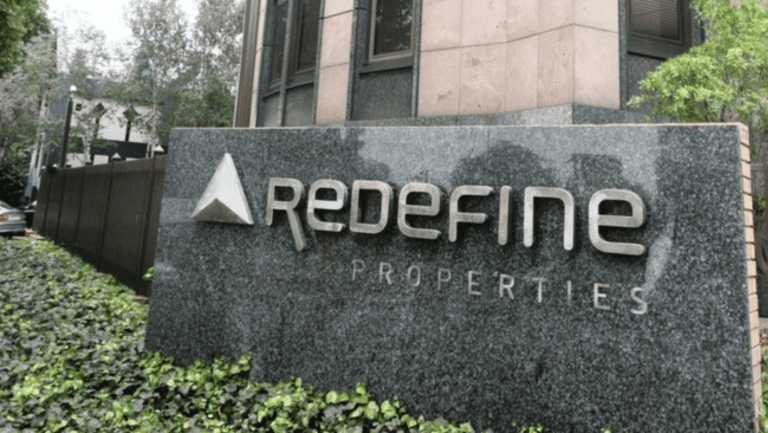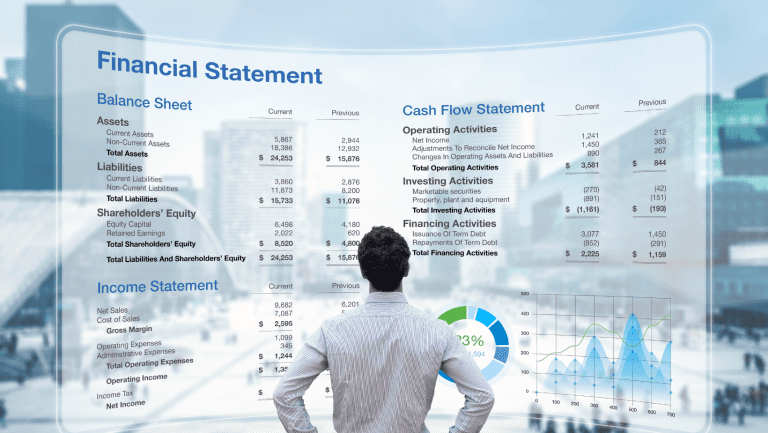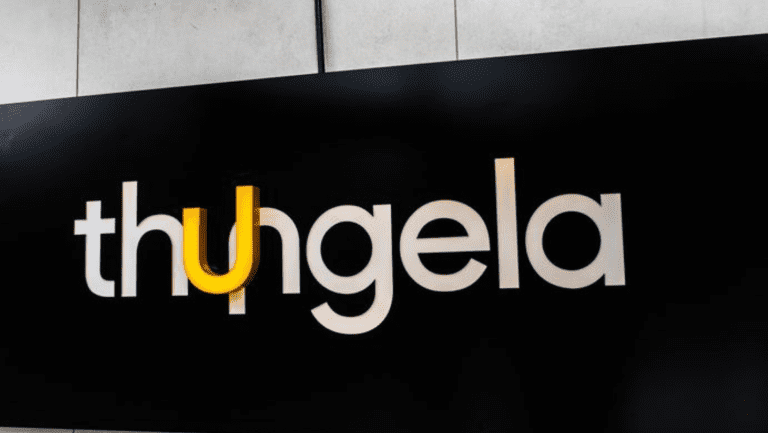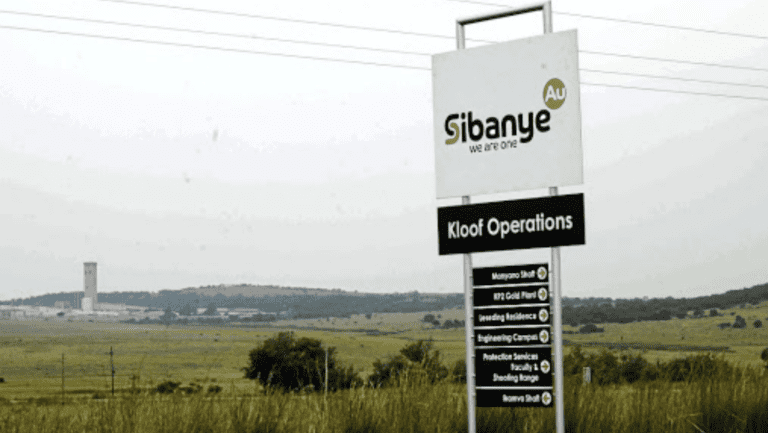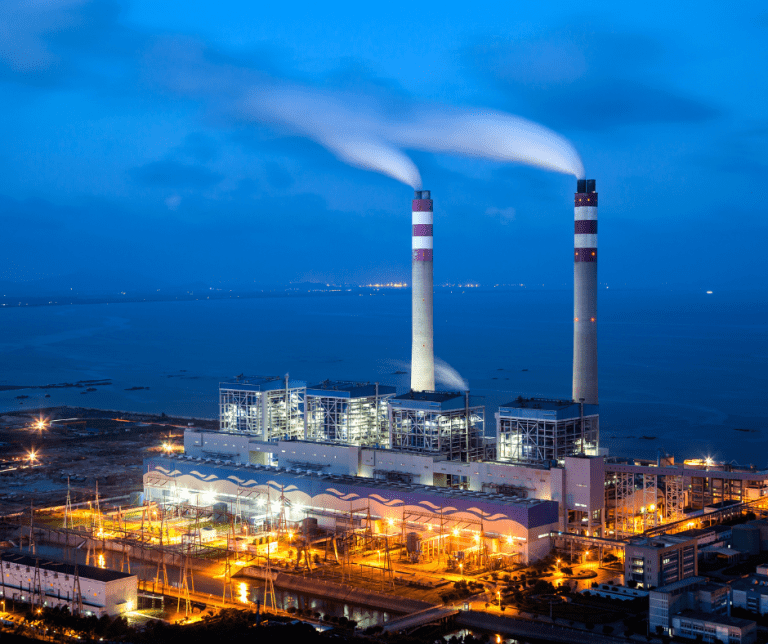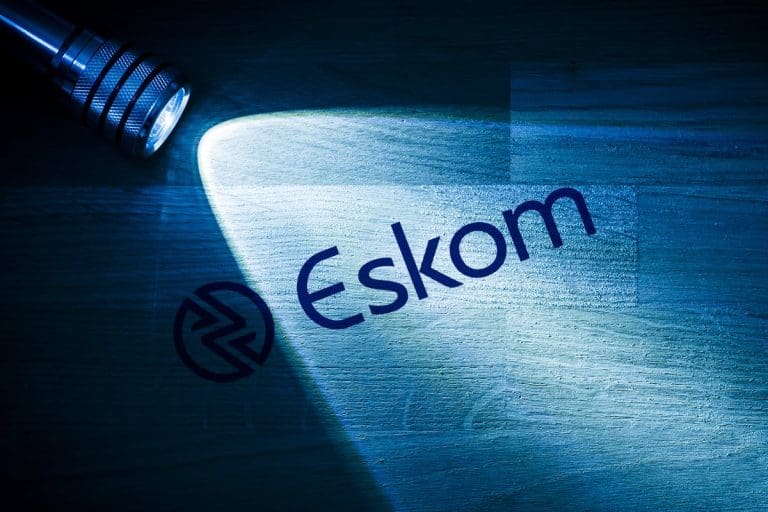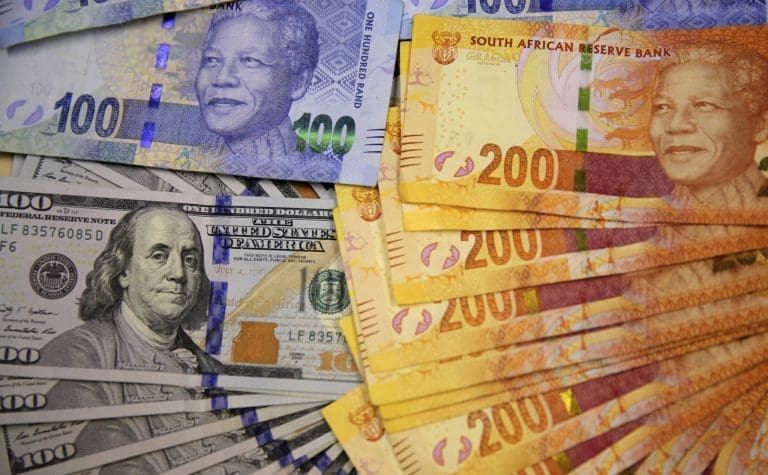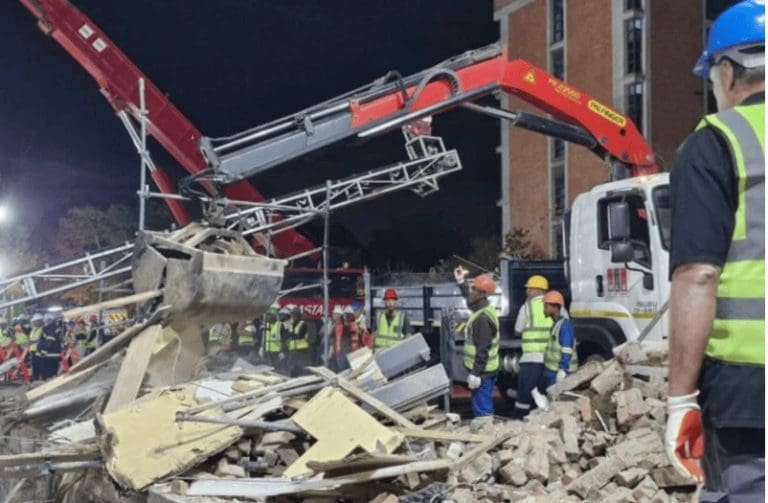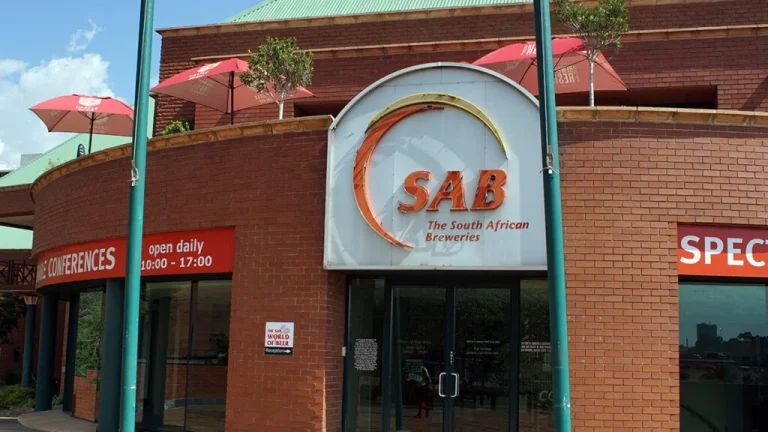- South Africa’s Department of Water and Sanitation (DWS) is broadening its focus on renewable energy sources, inviting Independent Power Producers (IPP) to apply for licenses to utilize water resources for hydropower generation.
- Various hydro technologies, including floating solar panels, are being investigated as part of the government’s push for renewable energy, aiming to strike a balance between sustainable water resource protection, water and sanitation provision, and hydropower generation.
- A three-phase licensing process for hydropower generation has been outlined, with the first phase of pre-applications opening on 17 April 2023, aiming to ensure competitive, fair, and transparent allocation of water resources in line with the National Water Act.
South Africa has broadened its focus on renewable energy sources, moving beyond wind and solar power to explore the potential of hydropower. As part of the government’s comprehensive energy action plan, the Department of Water and Sanitation (DWS) recently invited Independent Power Producers (IPP) to apply for licenses that would allow them to utilize the country’s water resources for hydropower generation to supplement the national grid.
Hydropower, a renewable energy source that leverages falling or flowing water to produce electricity, typically involves using dams or other structures to control water flow through turbines. These turbines then drive generators to produce electricity. As part of the South African government’s push for renewable power, various hydro technologies are being investigated, including impoundment, river diversion or run-of-river, pumped storage, floating or kinetic turbines (with small-scale generating capacity), and floating solar panels.
On 12 April, DWS director-general Sean Phillips, along with water use license authorities, met with relevant stakeholders and IPPs to guide them through the process of applying for authorization to use available water and DWS water infrastructure for hydropower generation. Phillips highlighted that the DWS has revised its hydropower policy to support the use of its infrastructure and water resources for renewable energy generation while remaining within its mandate.
The revised policy ensures that the nation’s water resources are protected, used, developed, conserved, managed, and controlled, as mandated by the National Water Act. Furthermore, the DWS has established policy principles that apply to both private and public institutions to strike a balance between sustainable water resource protection, water and sanitation provision, and hydropower generation. These principles emphasize that the DWS will back hydropower development as part of social and economic development, keeping in mind water scarcity and infrastructure challenges, without compromising the sustainable protection of water resources and the provision of water and sanitation services.
During the meeting, Phillips also clarified the principles of the Water Use Licence Application (WULA) for hydropower, stating that the DWS will not provide any financial support to applicants during the application, construction, operations, and maintenance phases. Additionally, the DWS will not be involved in any Eskom processes or own any electricity production. The Department will exclusively oversee WULA and ensure that the application processes are competitive, fair, transparent, and in line with the National Water Act’s spirit of equitable allocation of water resources.
Sipho Skasana, the chief director of the DWS WULA, outlined the three-phase licensing process:
- The first phase of pre-applications will open on 17 April 2023 and end on 30 June 2023.
- The second phase involves application compilation and submission, concluding on 31 January 2024.
- The third and final phase consists of application processing, decision-making, and communication by the DWS.
The department has committed to processing applications within a maximum period of 90 working days. Once the DWS grants a license for hydropower generation, it will be valid for up to 40 years. However, applicants must adhere to the license conditions, which mandate that construction commences within a specified time frame following the issuance of the license. Failure to comply with license conditions could result in suspension or withdrawal of the license, as stated in Section 54 of the National Water Act.
Interested parties can submit pre-applications for water use authorizations starting on 17 April 2023.


